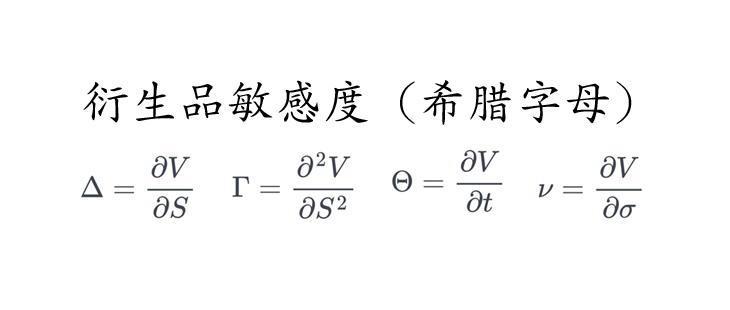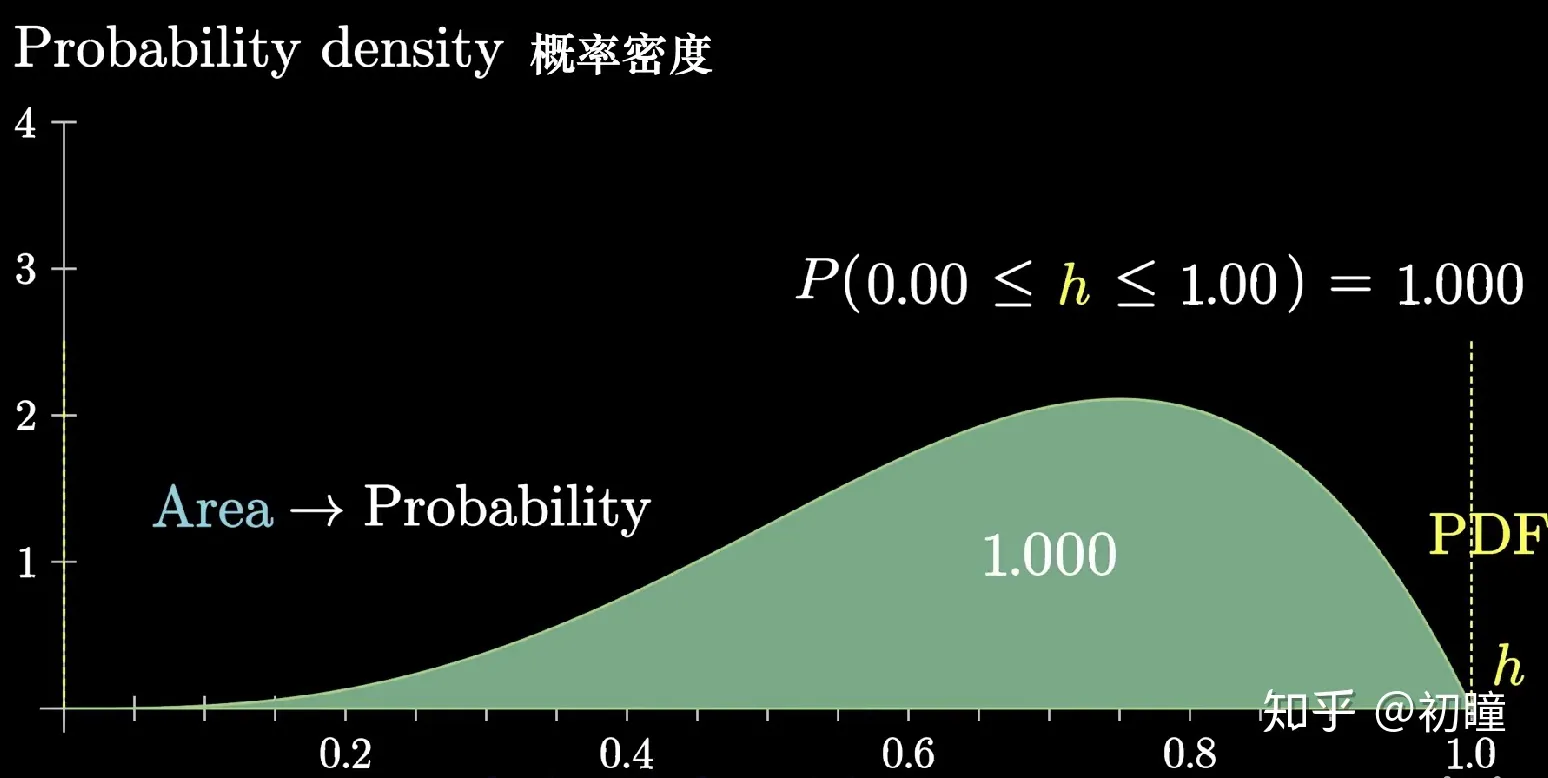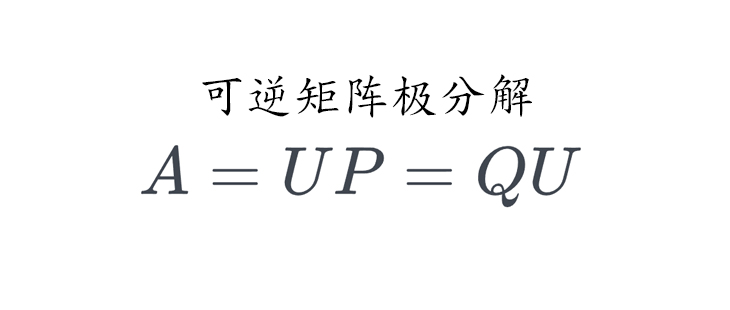Food crisis, a campaign not far away

Food crisis, a campaign not far away
Prong本文是大一通用英语的小组Pre,备份于博客。
Do you have any memory of this photo? Because of the age, you’re likely to say no. Some may have heard of it from grandparents, which was called “three years of economic hardship from 1956 to 1961”. How can we describe that period? Maybe from this picture in which a man is eating tree bark in order to survive, we are able to feel the cruelty of the food crisis resulting from natural disasters and poor agricultural practices.

It is normal that we have no real concept of famine. With the development of agricultural science and technology, the planting efficiency has greatly improved. And thanks to our revered Father of hybrid rice, grandfather Yuan Longping, the hybrid rice that saved a number of lives in need.

That is why we see these changes—food stamps existed in the planned economy, and now people have a much richer choice in the market economy. Famine is on the wane, and food is only a basic necessity.
Nevertheless, are we really not having the possibility of a food crisis now? We do not realize that on the one hand, natural factors are increasing food pressures. Global warming has made it harder to grow food in developing countries in many middle- and low-latitude regions, while in developed countries in many middle- and high-latitude regions the thermal conditions have become better to some degree, thus exacerbating the north-south gap and the food crisis.
On the other hand, the phenomenon of food waste is more serious. Whether in the canteen or restaurant, waste exists everywhere, which also exacerbates the food crisis.
These are the factors that have always been there hiding in the depths, and when it comes to the outbreak as a trigger, as our living standard seems to have increased a lot during these years, however, the COVID-19 epidemic came and made us see a totally different sense. In the supermarket, there were empty shelves and empty containers everywhere because everyone wanted to store as much food as they could during the isolation. Meanwhile, in some remote areas of our nation, people’s lives were threatened by the shortage caused by the epidemic. Therefore, we should be aware that China’s food security isn’t that perfect, and we still have a potential food crisis.
If the world food crisis breaks out quickly, a lot of countries will be troubled. Not only might our food supply be affected, if the crisis continues, more and more countries will choose to reduce their exports, which could make the world’s economy go backward slowly, and finally affect our national development. Furthermore, for those developing countries, the situation might be worse. Take Africa as an example, disease epidemics and locust disasters would make millions of people live in hunger. People living in poverty could even starve to death.

In the third part, we will discuss “How to deal with our domestic food crisis?” First, in terms of the national layer, our country should improve the enthusiasm of farmers to cultivate to ensure the output and supply of grain. For example, increase agricultural subsidies, raise grain production prices, and lower taxes. And in the long run, our country should also build multiple emergency storage facilities for grain to nip it in the bud. Second, when it comes to technology and innovation, we should research new farming methods and popularize the use of machinery in large numbers, which could not only promote efficiency but also accelerate rural modernization. What’s more, we should continue to study Yuan Longping’s hybrid rice technology, as soon as possible to achieve “a grain under the shade.” Then we ought to stick to innovation, stick to experiments, research and development of high-quality crop seeds, and reduce reliance on America, in order to realize self-sufficiency. Lastly, from the individual layer, we should adhere to the “clear your plate” campaign and refuse to waste.
In the fourth part, we will talk about “How to deal with the world crisis?” We make a living by what we get, we make a life by what we give. So, the state shall provide technical assistance and professional guidance or donate food directly to international organizations or countries. In conclusion, a food crisis is not far off.















